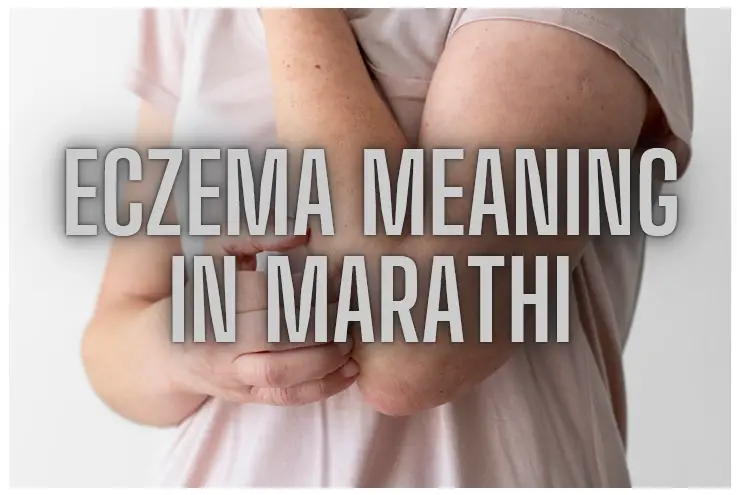In Marathi, eczema is commonly known as “खडखडे” (khadkhade). It refers to a group of skin conditions characterized by inflammation, itching, and redness of the skin. Eczema can manifest in various forms and is often chronic in nature. The exact cause of eczema is not fully understood, but factors such as genetics, immune system dysfunction, and environmental triggers can contribute to its development.
Eczema Treatment In Marathi
Moisturization: Keeping the skin well-hydrated is an essential aspect of eczema management. Regularly applying a moisturizer or emollient cream can help prevent dryness and reduce itching. Opt for fragrance-free and hypoallergenic products.
Avoiding Triggers: Identify and avoid triggers that can worsen eczema symptoms. Common triggers include certain fabrics, soaps, detergents, cosmetics, and certain foods. By eliminating or reducing exposure to these triggers, you can help manage eczema flare-ups.
Gentle Cleansing: Use mild, non-irritating cleansers while bathing or washing affected areas. Harsh soaps and hot water can strip the skin of its natural oils and worsen eczema symptoms. Consider using gentle, fragrance-free cleansers or soap substitutes.
Topical Steroids: In more severe cases, dermatologists may prescribe topical corticosteroid creams or ointments to reduce inflammation and relieve itching. It’s important to follow the prescribed instructions carefully and use these medications for the recommended duration.
Antihistamines: Oral antihistamines can help reduce itching and improve sleep quality for individuals with eczema. However, these should be taken under the guidance of a healthcare professional.
Wet Wraps: Wet wraps can be used to provide additional moisturization and soothe the skin. After applying a moisturizer or medicated cream, wrap the affected area with a damp, cool cloth or bandage. This technique helps to lock in moisture and relieve itching.
Traditional Remedies: Some traditional remedies used in Marathi households may include the application of herbal pastes or oils, such as neem (निम्ब) or coconut oil (नारळ तेल). While these remedies may offer temporary relief, it’s important to consult a healthcare professional for a proper diagnosis and guidance.
It’s crucial to note that eczema treatment may vary depending on the severity of the condition and individual needs. Consulting with a dermatologist or healthcare professional is recommended for an accurate diagnosis and personalized treatment plan for eczema in Marathi-speaking regions.

